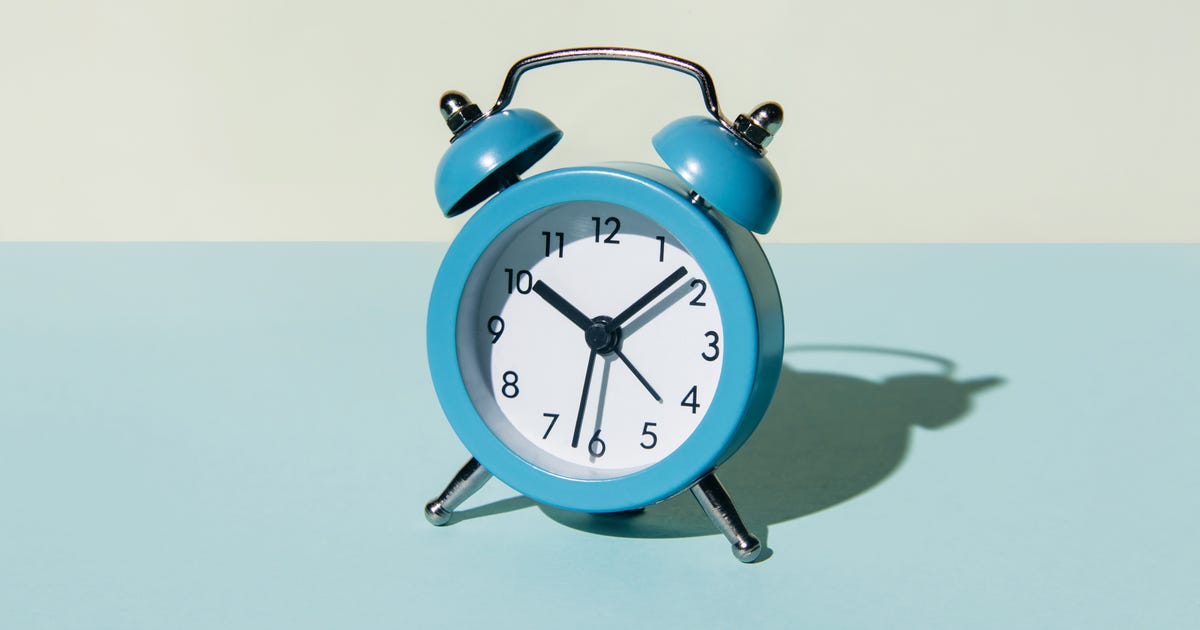How we might get better sleep according to our ancestors how important how we might get better sleep according to the bible examples of how we might perceive someone else how we might live how were abby and libby killed how were the pyramids built how we roll how we love how well do you know me quiz this is how we bingham how we roll cast 2022

How We Might Get Better Sleep, According to Our Ancestors
Losing out on glorious sleep because you woke up at 3 a.m. can feel like standing next to a running faucet while you're thirsty. But what if I told you that throughout human history, waking up in the middle of the night was a completely normal event, and that sleeping in two shifts might actually save you some stress instead of causing it?
Biphasic sleep is a pattern of sleep where people doze off during two different times during a 24-hour period. Most of us are used to a monophasic sleep pattern, or one period of sleep that lasts roughly 8 hours.
Some reports on earlier time periods, many of them thanks to the research of historian Roger Ekirch, suggest that we might actually be hard-wired for biphasic sleep. Stories of earlier humans going to sleep when it got dark, only to rouse around midnight to cook, talk with your neighbor, do a chore or more, then go back to sleep until morning offer glimmers of interest to those of us who have a hard time staying asleep throughout the night.

"It wasn't pathologized or weird, it was just what you did," said Sara Mednick, a professor in the Department of Cognitive Science at the University of California, Irvine. She's the author of The Power of the Downstate: Recharge Your Life Using Your Body's Own Restorative Systems.
"This idea that we should be sleeping in one solid dose is a pretty new phenomenon," she added.
But the reasons for that may have less to do with how our brains are hard-wired for sleep, and more to do with how we evolved as a culture and a working society.
Here's what we know.
See more: Best Mattress for 2022

Modern work patterns and everyday demands might be some reasons our sleep schedules don't follow a biphasic sleeping pattern.
Virojt Changyencham/Getty ImagesWhat counts as biphasic sleep, and why did people do it?
Biphasic sleep is any two segments of sleep in a single day. That could mean getting 6 continuous hours of sleep at night, and then a short nap during the day. Or you could follow the more historic pattern in literature of going to bed relatively early right when it gets dark (around 8 or 9 p.m.), waking up in the middle of the night for an hour or two and then going back to sleep until the morning sunshine hits your eyes. But the latter, more sunlight-based approach might be more difficult for most people who follow a more structured 9 a.m. to 5 p.m. workday.
"I'm not sure how many people could adapt to that kind of schedule," said Dr. Federico Cerrone, who specializes in respiratory health and sleep medicine at Atlantic Health System. He said that while there is evidence that people once slept in at least two segments per day, the historical circumstances were very different. Homes were candlelit, so people didn't have artificial light to keep them awake, and they worked to different schedules. This was before the Industrial Revolution in the US, when our bodies' rhythms became more stitched to our work schedules.
Some people still participate in biphasic sleep regularly today, and it may be more common in some cultures.
"People have been taking siestas a long time," Cerrone noted.
While biphasic sleep is also segmented, it's different from polyphasic sleep, which comes in different patterns people might try for productivity. But it can drastically cut down the number of sleep hours and be an "unmitigated disaster" for one's health, according to CNET's Mark Serrels.
See more: Best Mattress for Side Sleepers
Who should try it?
According to Cerrone, there's no big benefit to biphasic sleep over monophasic sleep -- or vice versa -- so long as you're getting the recommended amount of sleep, which is at least 7 hours for most people.
"Let's just get enough sleep," Cerrone said. He added that despite historical evidence people used to sleep in at least two segments, "there's no proof to say that's a good schedule."
But for people who commonly wake up in the middle of the night -- and then agonize over it -- embracing a biphasic sleep schedule might help unstick you from a sleep-deprived loop. People often wake up in the night, then become scared because they think they have insomnia, Mednick says. Perhaps trying biphasic sleep safely could help you break that cycle.
"It all depends on how people feel once they try to be biphasic," Mednick said. If adjusting your sleep cycle into two segments is helpful, keep using it. (Maybe you've tried the ancestral way of going to bed early, then going to bed again in the early morning.) If you feel unwell or you have symptoms of sleep deprivation, don't keep trying to make it work.
And if you do lean into biphasic sleep, listen to your body's natural cues telling you to rest. "Go to sleep the second you're getting tired," Mednick said. "Don't try to soldier on."
For tips on how to get better sleep, check out our article on the best 7 foods for sleep or consider these natural sleep aids to help insomnia.
The information contained in this article is for educational and informational purposes only and is not intended as health or medical advice. Always consult a physician or other qualified health provider regarding any questions you may have about a medical condition or health objectives.
Source
